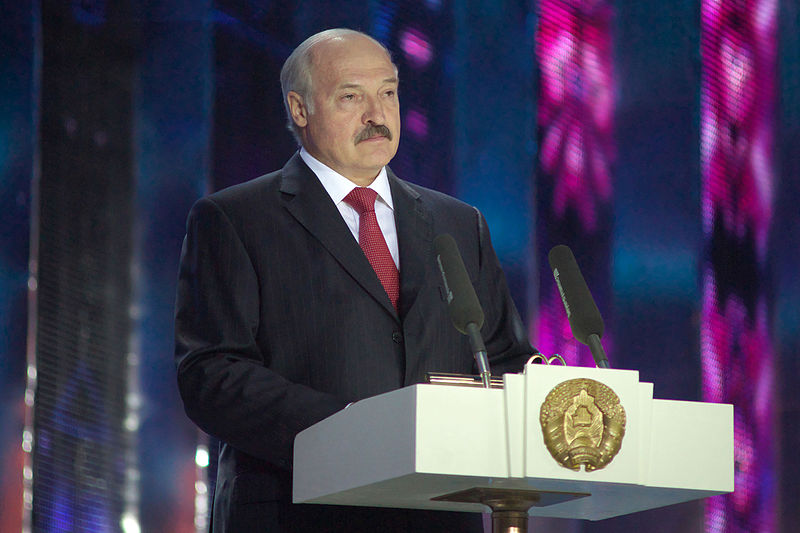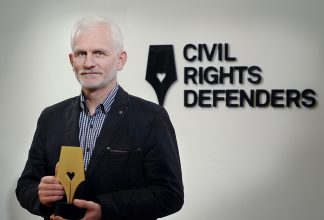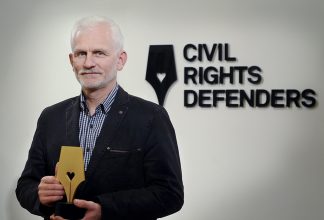Presidential Election in Europe’s Last Dictatorship

On Sunday 9 August, presidential elections will be held in Belarus. While no one doubts that President Lukashenka will use all means to keep his grip on power, the dissatisfaction with the president has grown much stronger. With that, the crackdown on democracy activists and the opposition carried out by the authorities has also been tougher. Civil Rights Defenders spoke to three human rights defenders about Alyaksandr Lukashenka’s long reign and how it has affected human rights in the country.
President Lukashenka is often referred to as “Europe’s last dictator.” Since he came to power in 1994, no elections have been considered free and fair by the international community. As the Belarusian authorities have not implemented the long-standing recommendations by international monitoring organisations, the upcoming election is doomed to suffer from the same fundamental flaws as previous ones.
Moreover, the authorities refused to extend the invitation to observe the election to international monitoring organisations such as OSCE/ODIHR until it was too late to organise such mission. In order to prevent independent national monitors from observing the election, the authorities also limited the numbers of accredited observers and allocated all the available spots to pro-governmental groups.
Ahead of this year’s election, the authorities have already attacked human rights defenders, opposition candidates and protesters – two aspiring candidates, Siarhei Tsikhanouski and Viktar Babaryka have been arrested and are facing politically motivated charges; a third one, Valery Tsepkalo, fled the country fearing for his safety. In the meantime, hundreds of protesters have been arbitrarily arrested or fined.
Following Siarhei Tsikhanouski’s arrest, his wife Sviatlana Tsikhanouskaya replaced him as candidate and leads the opposition front against President Lukashenka. She is the real surprise of the election as she has attracted thousands – often tens of thousands – of supporters at her rallies around the country inspiring a popular movement unprecedented in authoritarian Belarus.
“A lot of people are unhappy with the president. People openly declare that they do not support him, have not voted for a long time, and will not vote for him. In previous years, people were more indifferent, but this year, many ordinary people are joining the protests”, said Sergey Ustinov from the Minsk-based NGO Legal Initiative.
“During previous elections he had some money to calm people down. Now, brute force is all that is left”, said a human rights activist who prefers remaining anonymous.
The dissatisfaction with the president has increased substantially following the COVID-19 pandemic, which the president has practically ignored.
“People saw for themselves how, at such critical moment, Lukashenka is not able to take an appropriate decision. You now hear from many that he should leave. People have stopped believing in what he says, and his support has fallen”, said Leonid Sudalenka from Gomel-based Centre for Strategic Litigation.
Despite the growing discontent, few believe that Lukashenka will leave his position. Instead, the growing dissatisfaction has only led to tougher crackdowns from the authorities. In many ways, this year’s election campaign reminds of the level of repression following the 2010 Presidential election that led to the international community imposing a large set of sanctions against Belarus.
With Lukashenka remaining in power, the future for human rights in Belarus looks grim.
“The situation for human rights in Belarus during the long reign of Lukashenka has not changed for the better and continues to remain critical. Belarus is the only country in Europe where the death penalty is still applied”, added Sudalenka.
“The right to peaceful assembly, freedom of expression, the right to a fair trial and not to be tortured are violated everywhere in the country with impunity for the authorities” added Ustinov.


